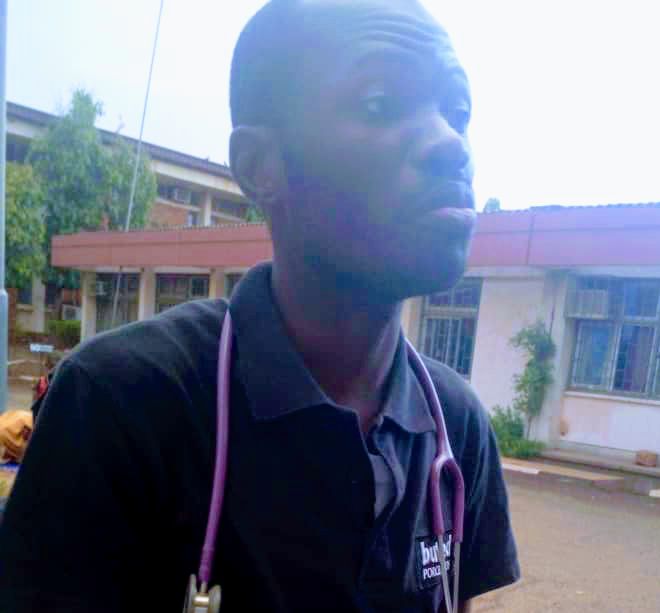A Physician with Usmanu Danfodiyo University Teaching Hospital (UDUTH), Dr Fahad Lawal has lamented the local burden of tuberculosis in Sokoto state pointing out that currently, his ward admits five to 10 tuberculosis patients.
He noted that several patients in remote communities do not seek treatment which has led to high mortality rates from untreated tuberculosis. “We admit 5 to 10 TB patients weekly in my ward alone,” he said. “This number is a small example compared to other hospitals. Many patients in remote communities do not seek hospital care and die from the disease.”
Lawal, in an interview with ASHENEWS, stated that tuberculosis remains a significant public health challenge, with high infection rates and mortality observed in various regions. He stressed the need for increased awareness and strict adherence to tuberculosis treatment protocols.
Challenges in treatment compliance

Despite the availability of free tuberculosis treatment, compliance remains a significant hurdle. The Physician emphasized the importance of uninterrupted medication stating that premature cessation can render the treatment ineffective.
“TB treatment requires a strict six-month medication regimen,” explained Dr. Lawal. “Stopping the medication early can cause the bacteria to become resistant, making the treatment ineffective. It’s crucial to take the medication every day for the full six months.”
Widespread misconceptions and lack of awareness
Lawal also noted the pressing need to address misconceptions about tuberculosis transmission and symptoms. “Misunderstandings about TB transmission, such as the risks associated with non-lung infections, need clarification. There is a need for public education on TB’s symptoms and the critical nature of early diagnosis and continuous treatment.”
He further noted that while tuberculosis affects people of all ages, certain groups are more susceptible to TB, including people with weakened immune systems, smokers, and those living or working in crowded conditions. “TB affects people of all ages, and those with conditions like HIV/AIDS, diabetes, or poor nutrition are at higher risk of developing active TB,” noted Dr. Lawal.
“Vaccinating children at birth or within two weeks is crucial,” emphasized Dr. Lawal. “Even if missed at birth, older children can still benefit from the vaccine.”


